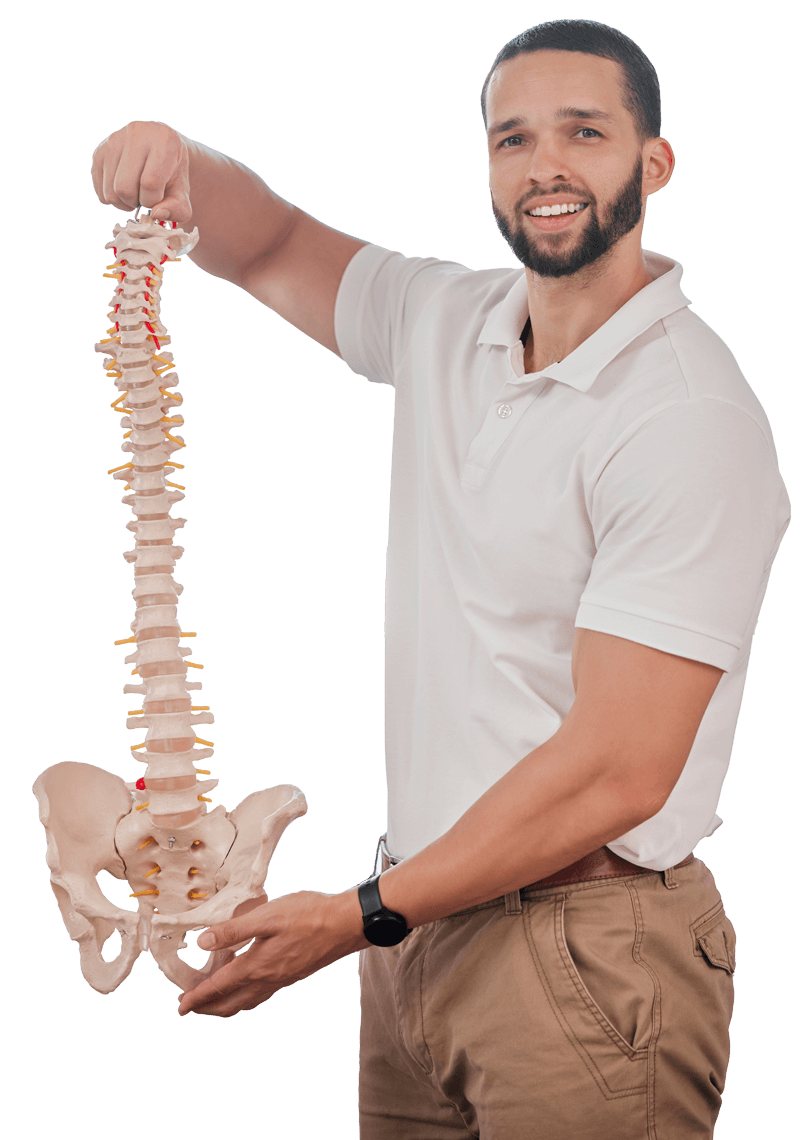Frozen shoulder is the common name for adhesive capsulitis. This happens to be a shoulder ailment that restricts your scope of motion. Due to gradual thickening and tightening of your shoulder joint, scar tissue develops. As a result, your shoulder joint doesn’t get enough space to rotate properly.
Who is Likely to Suffer from Frozen Shoulder?
Frozen shoulder is more likely a condition to occur in people between the age group of 40 to 60 years. It can be primary, with no known cause, or secondary, associated with an underlying illness or injury.
A number of risk aspects can affect you to develop this ailment:
- Shoulder trauma,
- Surgery,
- Diabetes,
- Inflammatory conditions,
- Inactivity of the shoulder,
- Autoimmune disease,
- Cervical cancer, and
- Hypo/hyperthyroidism.
Approximately 20% of people who have had a frozen shoulder are prone to developing it in their other shoulder in the future.
What are its Sign and Symptoms?
The chief signs and symptoms of a frozen shoulder can be characterized by pain and stiffness that make it difficult or impossible for you to move it. If you undergo this, dull or achy pain in what you shall experience in the affected shoulder. You might feel the same sensation in your upper arm. The pain could worsen at night, which can make it difficult to sleep.
You’ll typically undergo three phases with this condition. Each has its own distinctive symptoms and timeline.
Freezing Stage:
- Pain in your shoulder restricting movement.
- Eventual worsening of pain that may hurt more at night.
- This can last anywhere from 6 to 9 months. Constrained movement of the shoulder.
Frozen Stage:
- Betterment of pain, worsening of stiffness.
- Difficulty in shoulder movement that hampers daily activities. This stage can last about 4-12 months.
Thawing Stage:
- Your range of motion starts to go back to normal.
- This can take anywhere from 6 months to 2 years.
What Causes a Frozen Shoulder?
A hormonal imbalance, diabetes, or a weakened immune system, puts you at risk of joint inflammation. An extended phase of inactivity due to an injury, illness, or surgery also makes you prone to inflammation and adhesions, which are bands of stiff tissue. In serious cases, scar tissue may form. This severely limits your range of motion. Usually, the condition takes two to nine months to develop.
How Is a Frozen Shoulder Diagnosed?
If you are a patient to this condition, consult your doctor. A physical exam will help him devise a treatment plan for your restricted motion. Your doctor will observe as you perform specific movements and measure a range of motion of the shoulder, such as touching your opposite shoulder with your hand.
A few tests may also be prescribed. An MRI scan, an X-Ray, or an Arthrogram may be performed to rule out a tear in your rotator cuff or other pathology. An Arthrogram involves injecting dye into your shoulder joint so that the doctor can see its structure.
How is a Frozen Shoulder Treated?
A combination of the following can speed up your recovery:
- Physical Therapy: The most common treatment for a frozen shoulder, the real aim behind physiotherapy is to stretch your shoulder joint. It assists you to restore the lost motion. It may take anywhere from a few weeks to nine months to experience progress. The therapists usually design a home exercise program of gentle range of motion exercises. If you don’t see progress after six months of intense, daily exercises, speak to your doctor about other options.
- Medications: To cure the inflicting pain and reduce your joint inflammation, your doctor may prescribe an anti-inflammatory medication. A steroid injection into your shoulder joint may also help.
- Home Care: Placing an ice pack on your shoulder for 15 minutes at a time several times per day can aid in reducing pain. If you’re working with a physical therapist, the exercises can be done at home. Your physical therapist will provide instructions on the kinds of exercises you must do, how often to do them, and when to push yourself more.
- Surgery: If physical therapy doesn’t improve your condition, surgery is an option. This allows the shoulder to recover its lost motion. If your frozen shoulder is the result of an injury, surgery is usually more successful if it’s performed within a few weeks of the injury. The surgery is followed by strict sessions of physical therapy.
Conclusion
Physical therapy and pain medications speed up your recovery from frozen shoulder. Early treatment helps keep the condition from getting worse. If you suffer from this condition, we at Care2Cure Physiotherapy & Rehab Center are just a call away.


